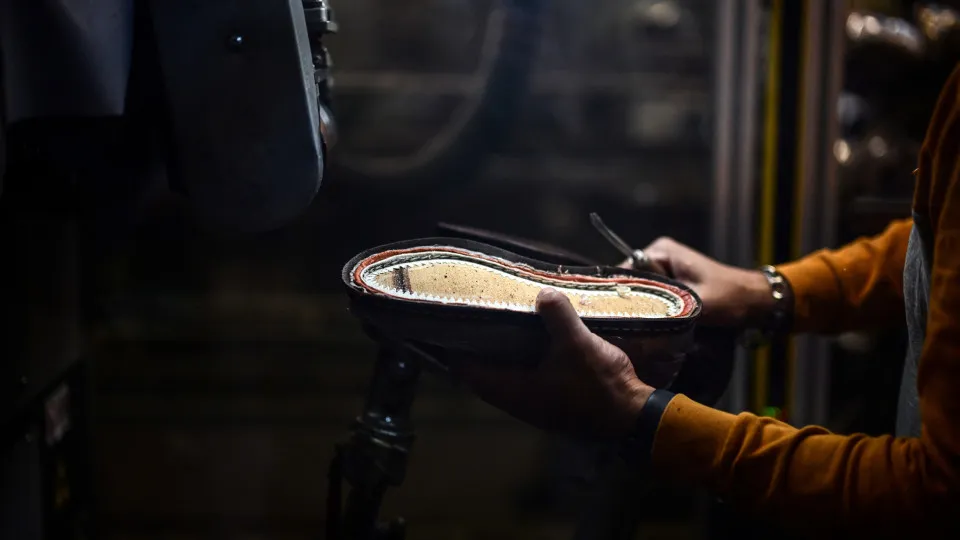
“This is the most important and prestigious international fair, where we have the strongest Portuguese representation. This fair allows us to connect with customers worldwide, beyond Europe, the USA, Canada, Japan, and Korea,” stated Paulo Gonçalves, spokesperson for the Portuguese Association of Footwear, Components, Leather Goods and their Substitutes (APICCAPS).
Despite the good performance of the Portuguese footwear sector this year, gaining ground on key competitors like Italy and Spain, uncertainties remain about the second half’s results.
This period is marked by the tariff agreement between the USA and Europe, whose side effects on the footwear sector are still unclear.
Conversely, some of the most relevant markets show very modest economic performance, notably Germany, which is “on the brink of a technical recession,” and to which Portugal exports 400 million euros worth of shoes annually, noted the APICCAPS communication director.
Nevertheless, Portuguese footwear is “relatively optimistic” due to investments made in the industry.
Ongoing investments exceed 100 million euros in projects related to automation and more sustainable solutions.
“We have prepared for challenging times. We want to be one of the major international references in sustainable solutions, and we have invested significantly. The moment is difficult and demanding, but we have done our homework,” highlighted Paulo Gonçalves.
In this context, the BioShoes4All project, involving 70 partners including research entities and companies and supported by the Recovery and Resilience Plan (PRR), will showcase products for the first time.
This project focuses on sustainability, using products that enable rapid production while enhancing recycling, such as rice husk, cereals, olive pits, chestnut, mussel shells, vine prunings, or algae for new materials, insoles, reinforcements, or shoe soles.
According to APICCAPS data, in the first half of 2025, Portuguese footwear exports increased by 3.7% in value to 843 million euros.
Between January and June, 36 million pairs were exported, an increase of 5.4%. In 2024, the footwear cluster’s exports reached 2.147 million euros.
Last year, Portugal produced 80 million pairs of shoes, with 68 million pairs exported, valued at 1.724 million euros.
During this period, Portuguese footwear was sold in over 170 countries, with Belize being the most recent destination.
Regarding new markets, APICCAPS “fine-tuned the strategy” and identified 145 cities worldwide capable of hosting Portuguese footwear, which is also among the most expensive globally, justified by leather specialization.
Two-thirds of these cities are in Europe or the United States.
The Strategic Plan for the Footwear Cluster forecasts an investment of 600 million euros by 2030.
MICAM, celebrating its 100th edition, features over 1,000 brands and expects around 42,000 visitors.




